Spaces for Change (S4C) says it has uncovered the strategies being used by governments in West Africa sub-region to obstruct the civic space in the countries.
S4C said has also uncovered the groups most targeted, the rights most violated, and the increasing role of non-state actors in creating a hostile environment for civic participation.
According to the organization, the five major drivers of future threats to the civic space in the region are coups, elections, youth bulge, digital technologies, and insecurity.
Others are persisting bad governance combined with the widespread anger and the political reawakening among large swathes of unemployed youths in West African countries will incite military coups and more protests across the subregion.
In a statement by Victoria Ibezim-Ohaeri, the Executive Director, Spaces for Change, and given to Persecondnews, however, noted that the internet will empower tech-savvy youths to organize, mobilize and propel the rise of people power through continuous expansion of the spaces for civic engagement.
“As insecurity soars in the Sahel region, international terrorism will redraw the lines between external and internal security, emboldening governments to use insecurity as an excuse to curtail civic freedoms,’’ she said.
Ibezim-Ohaeri disclosed that with the support of Ford Foundation, a report has been launched — Civic Space In West Africa: Trends, Threats And Futures –specifically derived from the data curated from the closing spaces database — www.closingspaces.org, the report maps the trends, drivers, targets, tactics, enablers and flashpoints of future threats on the civic space in West Africa subregion.
She said:“Press freedom is under attack across West Africa, signaling a hostile environment for journalists, bloggers, investigative reporters and the news media to operate freely.

“Crackdowns on journalists and media outlets were documented in all 16 West African countries, taking mostly the form of arrests, detentions, office raids, brutality, seizure of journalistic equipment, sanctions and fines on broadcast media, anti-media laws designed to gag the press, hacking of cellphones etc.
“The highest number of attacks on press freedom were recorded in Nigeria, Ghana and Liberia while Cote d’Ivoire (3), Burkina Faso (4), Sierra Leone (2) and Gambia recorded the least infractions.
“Free speech is the right most at risk in the subregion. Expressing one’s thoughts, especially online, now comes with greater costs and risks. Internet freedom is equally declining, compounded by harsh consequences and fewer protections for free speech while increased use of regulatory and legislative measures to censor free speech and content on online platforms were notably observed mostly in Nigeria, Ghana and Liberia.
“Significant constraints on assembly and association rights are making it harder and more dangerous to hold governments accountable, particularly in countries like Niger, Nigeria, Benin Republic, and Senegal. Major crackdowns on assembly rights involved the criminalization of protests, dispersal of, and preventing the planning of protests or other organized public gatherings while limitations on association rights have manifested in the form of deregistration, proscription, refusal to register certain groups advancing their collective interests.
“Journalists are disproportionately targeted by repressive practices more than any other group of civic actors. Journalists covering environmental justice issues, the mismanagement of natural resources and extractive activities are more likely to get into trouble or experience brutality by security operatives in Nigeria, Ghana and Senegal while long prison terms and huge fines are frequently slammed on journalists and media outlets in Niger, Côte d’Ivoire’, Nigeria and Benin Republic.
“Press coverage for classified operations of the police and the military comes at a great cost in Ghana, Cape Verde, Senegal and Nigeria where the accused persons are often slammed with criminal investigations or criminal charges bordering on “qualified disobedience,”, “violating defence secrecy” and acts ‘inimical to state and national security.”
Pointing fingers at African leaders for repressing civil society organizations, the S4C Executive Director said:“Governments across West Africa are increasingly weaponizing anti-terrorism and security laws to repress civil society organizations and restrict access to foreign funding. The meaning of terrorism has been so expanded that any disagreement with state actors—by anyone whatsoever—can be equated with terrorism.
“National security” is also used as an excuse for the huge budgetary allocations and investments in surveillance technologies which is often diverted to surveil activists online. State actors invoke anti- terrorism, cyber laws and data regulations to justify these clampdowns.
“There is a significant involvement of non-state actors—such as armed/proscribed groups, agitators, militants, traditional rulers, cults, terrorists, corporations and gangs—in the narrowing civic space in West Africa, especially in Liberia, Sierra Leone, Nigeria and Ghana.
“The activities of non-state actors could be spontaneous, organized or isolated events that are perpetrated to advance certain political, cultural and economic interests or the advancement of religious or ethnocentric ideologies. ’’



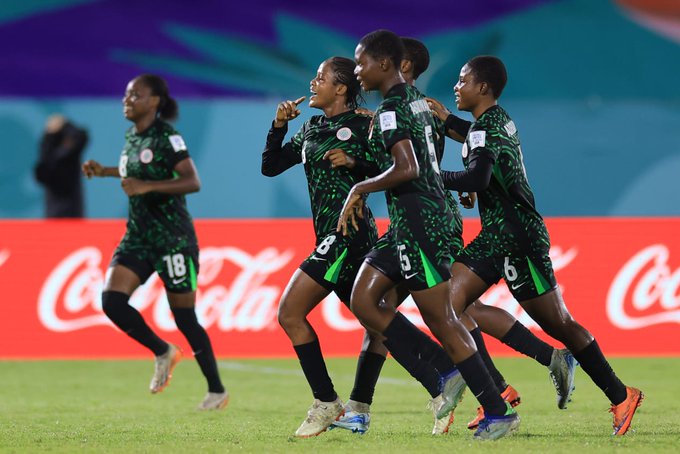


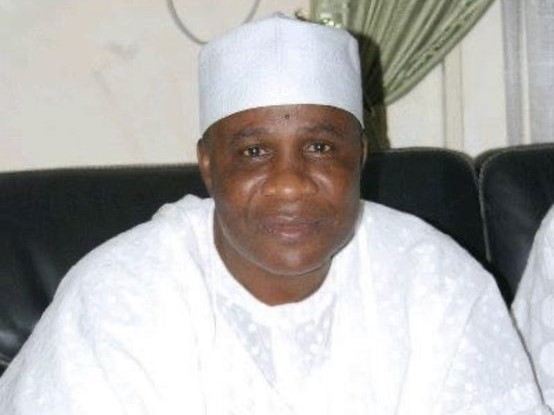
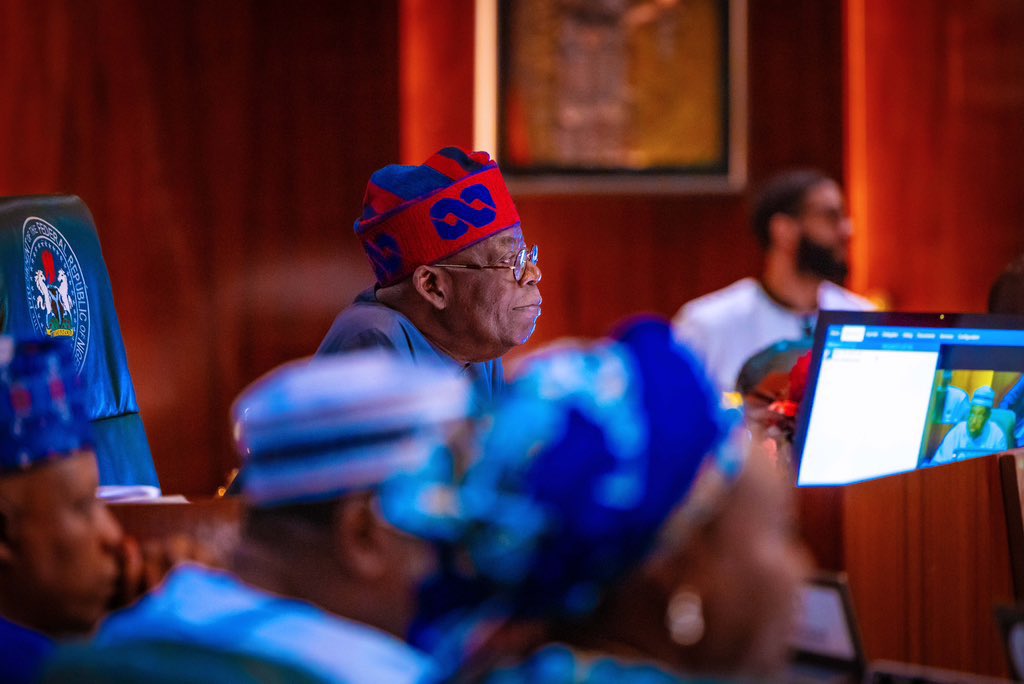
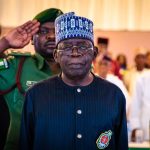
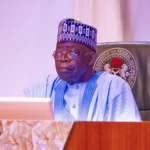

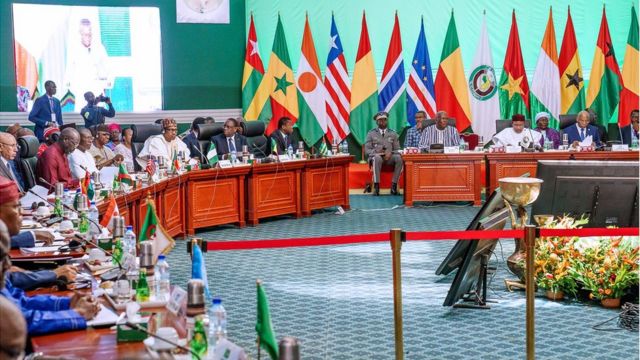

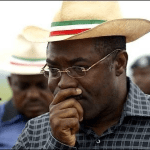

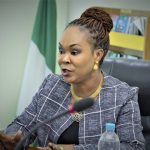



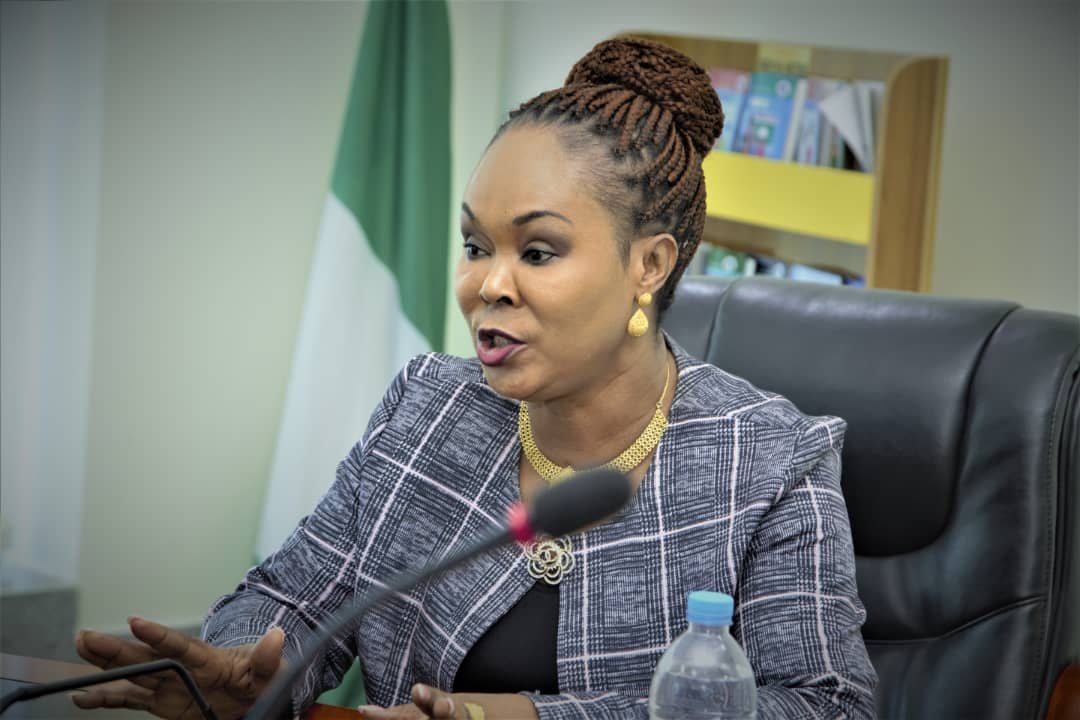

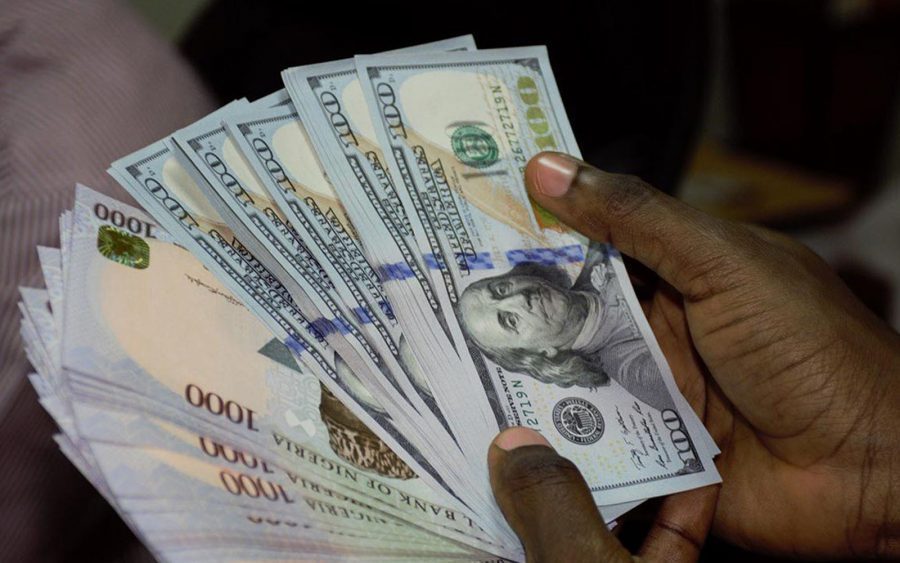
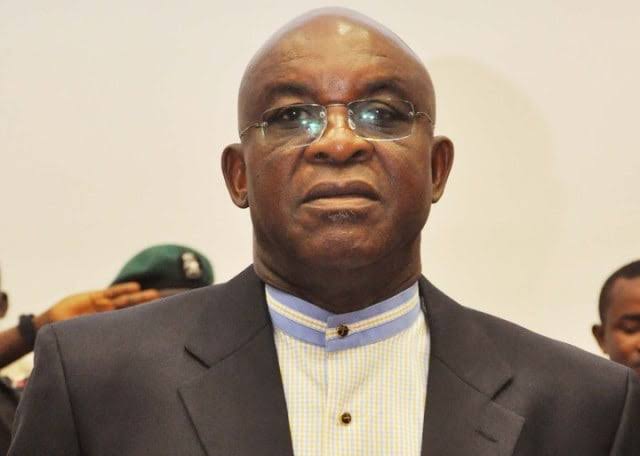
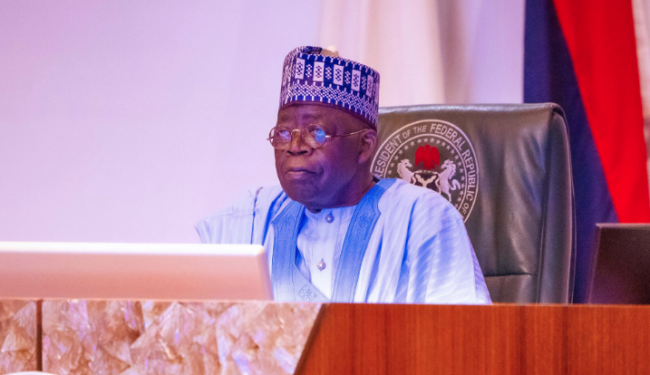

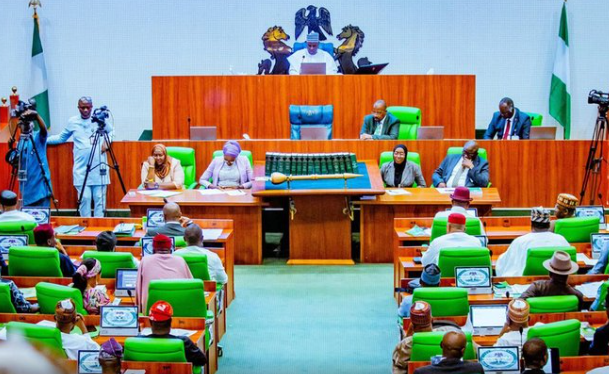

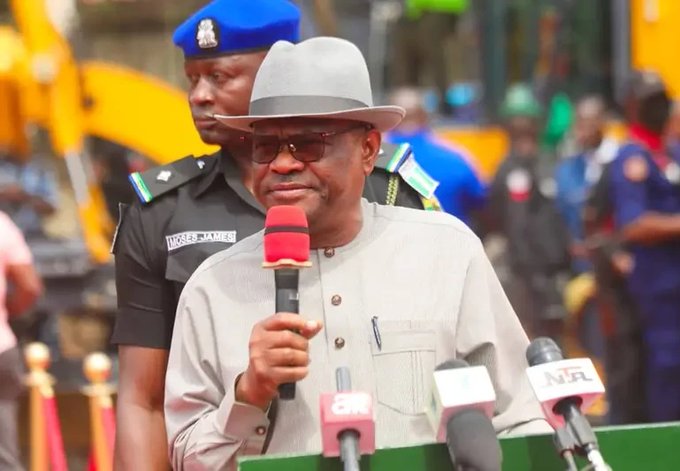
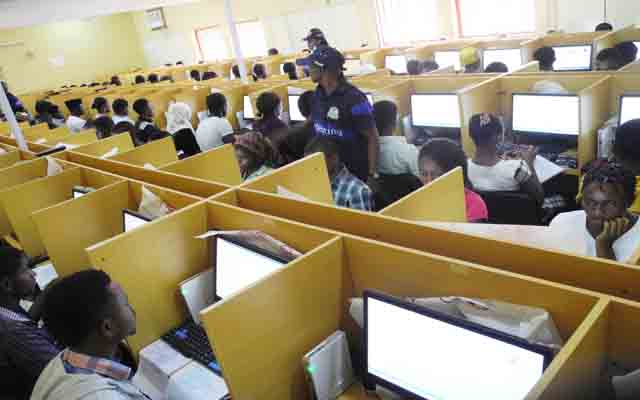
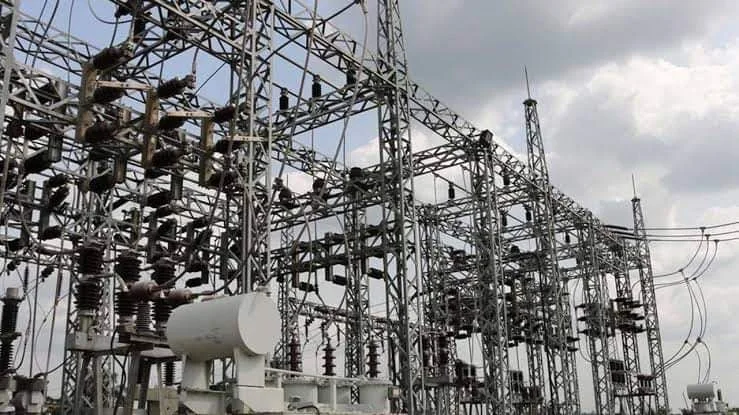



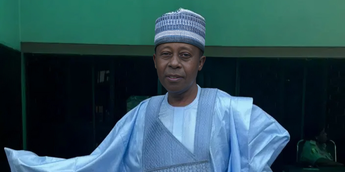


Leave a comment